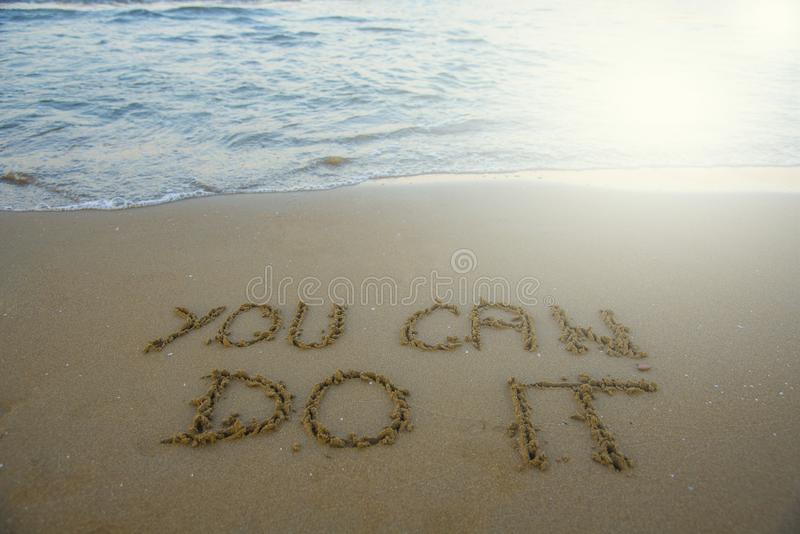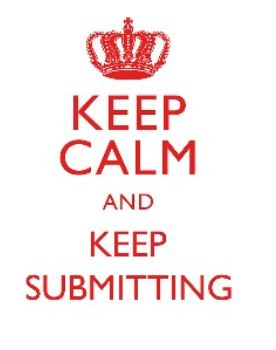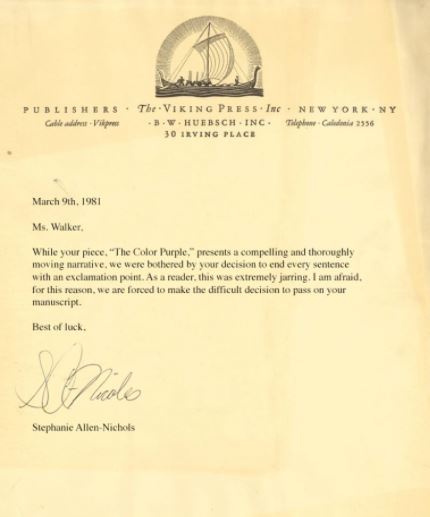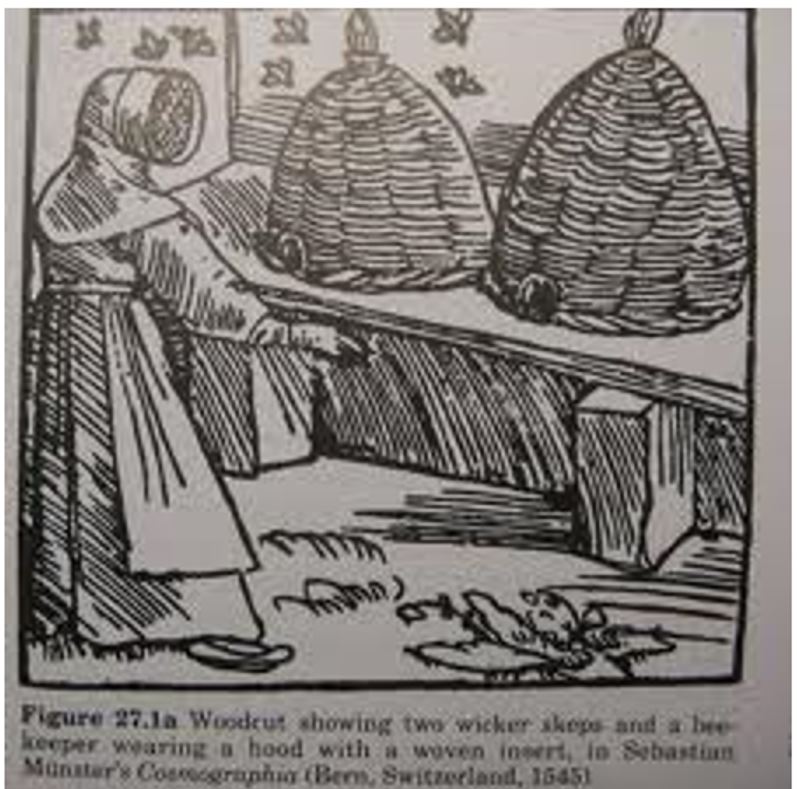
For some time I’ve been suggesting to fellow poets we need to create a rejection society. This would be our own Salon des Refusés Somewhere to share how it feels to open emails containing the words ‘not this time‘ or a sentence beginning with ‘Unfortunately…‘
The standard advice is to remember it’s the words, not yourself, which is being rejected. – or – the poem might not fit the theme – or – the editors had hundreds of submissions for just a handful of spaces.
These inevitably mean saying no to good work.

Too often there’s no feedback to explain the decision. It’s rare for editors to comment but occasionally one might refer to liking a particular poem and even say why. This is gold. Not only does it confirm you’re on the right path, it’s a welcome reward for having the courage to submit in the first place.
For most writers, it takes bravery to put yourself out there. Art comes from within. It’s influenced by our ways of being and seeing in the world so there’s no getting around the fact rejection is personal. You have to learn to deal with it because not submitting isn’t an option for an aspiring writer.
I began sending work out in August 2020. Since then I’ve had 22 acceptances and 77 rejections. I’m not good at maths but that’s definitely more no’s than yes’s, and it still hurts to see a poem come home.

I’ve learned to think of rejections as:
- opportunities to give poems another polish then resubmit to a different publication
- evidence I’ve shifted from having aspirations to having completed work
- a sign I’ve become a writer because I have my own rejection stories to tell
- time to change my negative thinking; instead of reject I now use decline in my records, somehow it feels kinder 🙂
- confirmation I’ve upped my game. You have to be in it to win it and the only way to get published is to submit!
Rejection is also an opportunity to improve my work.
A common reason for the no word, is the poem doesn’t conform to submission guidelines so always double-check these, especially the word or line limits, and be sure to read the journal you’re submitting to. If your work doesn’t fit its theme or style then it’s a waste of everyone’s time and energy. As for any lines or phrases which didn’t feel quite right – now’s the time to rethink them. Make every syllable earn its place. less is more and all that. Reread some poetry books or watch YouTube poetry videos, both your favourites and maybe some new ones.
I’d recommend the following –
- Jen Campbell @jenvcampbell YouTube Channel, in particular How to Edit Poems and How do you write a poem?
- Mary Oliver A Poetry Handbook (a gentle introduction to form/function, content/style etc)
- Kim Addonizio @kimaddonizio and Dorianne Laux @doriannelaux The Poet’s Companion (comprehensive guide to producing and publishing poems)
- Anne Lamott @annelamott ‘bird by bird (a personal plus practical guide to the challenges of a writing life)

Find some critical friends. Being told your work is great does wonders for your ego, but you need more specific detail, such as what works and what doesn’t.
The downside of critique is conflicting advice which leaves you uncertain of which way to go. Here instinct and intuition come in.
I submitted a poem to an online poetry group and without exception, everyone came back to say they didn’t like the ending, yet I did.
The phrase ‘kill your darlings‘ has been attributed to various writers but it doesn’t really matter who first said it. What counts is being prepared to let go of something you think is good when no one else does. In this case, I’ve kept the poem as it was because I feel so strongly about it. However, if it goes out for submission and gets repeatedly rejected, at least I’ll have an idea why!

Stay positive.
Submission is a strange experience. Quite often a personal favourite is declined while the least favourite, or the one added at the last minute to make up the numbers, is accepted. Also, there’s the poem you really like which keeps coming back home, until someone somewhere unexpectedly says Yes.
Subjectivity is the name of the game and there isn’t much you can do, other than stay calm and keep submitting.

Remember you’re not alone.
J.K. Rowling’s original Harry Potter manuscript was famously rejected by 12 different publishers, and the advice she received included “You do realize, you will never make a fortune out of writing children’s books?” I wonder what they think today wherever they’re in the R section of Waterstones!
Stephen King is also no stranger to rejection. Carrie was turned down by no less than 30 publishers, Despite being told “We are not interested in science fiction which deals with negative utopias. he kept sending it out. You might not like the genre or Stephen King’s style of writing but his persistence is worth remembering.

There are lots more examples of rejection responses online, such as the one in the image above which was sent to Alice Walker about The Colour Purple. If you’re having the rejection blues, try these https://www.openculture.com/2013/11/rejection-letters-sent-to-three-famous-artists.html I guarantee reading them will make you feel at least a tiny bit better.
To end with, always remember the quote below from Sylvia Plath (The Unabridged Journals) “I love my rejection slips. They show me I try.”

The next post is from the series ‘beekeeping through history’ and offers a journey through the world of medieval beekeeping.

Subscribe to my blog to get an email reminder whenever a new post has been published. The subscribe box is on the right of the screen.
All images are copyright free and taken from pixabay.com
Interesting read , good advice for others whose work may have been rejected. A little to verbose for me but writing can be cathartic to the writer.
Very informative.
Actually, to judge from some of the tales of woe I read, 22 acceptances out of 99 submissions is not bad at all! There are a lot of reasons ( many of them to do with limited space within both the poetry source to which you submit and its selector’s brain) why a good poem may be rejected – sorry, DECLINED, yes that is a helpful rephrasing! Your 22% hit rate suggests to me that you are aiming your submissions pretty well.
There’s a problem at the root of submitting a poem cold (as opposed to being personally invited). Of course, you will first take a look at your target and ask yourself does this look like the sort of site/journal/whatever that would accept a poem like mine. The opportunity provided by doing this is to tailor your offering a little to make it more likely to fit. That’s also, of course, the danger. Perhaps more than any other artform, good poetry is distinguished by freshness, originality, new perspectives packaged in small spaces. There’s a risk that you will strip out what makes you original to make yourself acceptable. This is even more the case in a world where rejection slips are (quite understandably) generic rather than detailed. There is a danger of second-guessing why you think your darling hasn’t fitted, ditto what you think will fit. This why I think it’s essential to have worked on and developed your own voice and style before you start submitting. You will then I think be in stronger position to a) stand out from the crowd, but also b)make that fateful (and often blind) decision: do I want to tone this down a bit or is the undimmed integrity of my own voice more important than (gulp!) being published?
This is never a simple or easy question to answer (and the answer may vary in either direction as time passes) . Although I’ve been writing for years and I submitted for a long while, any new rejection felt just that – a personal rebuff for my vision. Huge respect to you Sue and to others who keep on with the process of submitting and thus potentially of negotiating and renegotiating your vision with the wish to be read by a wider audience.
The blues have gotten bluer, Felix! Following a few more rejections, I’ve been reading your points about originality, voice and style with interest. Being authentic can involve taking risks, but risk also increases the chances of ‘not fitting’. Poetry has many genres, but at the end of the day it’s subjective, in a game which is essentially about matching a set of objective criteria imposed by others. I gave myself 12 months to try some submissions, and while acceptances are undeniably self-affirming, I think rejection makes you ask the bigger questions like what am I trying to achieve and why does it matter, plus the unanswerable one – what is poetry all about in the first place! For me, submission and publication was partly a legacy of two decades in an academic environment where publishing was centre stage. Now that’s behind me and, with a few poetic acceptances, I feel more relaxed. What’s really exciting is the way digital communication – escalated by Covid f2f restrictions – has made opportunities for writers and poets to build networks through online workshops, courses, events etc – and to have constructive discussions about anything and everything poetry related. While publication has definitely been a driver, in true Gestalt fashion, it’s only been a part of a much greater whole.